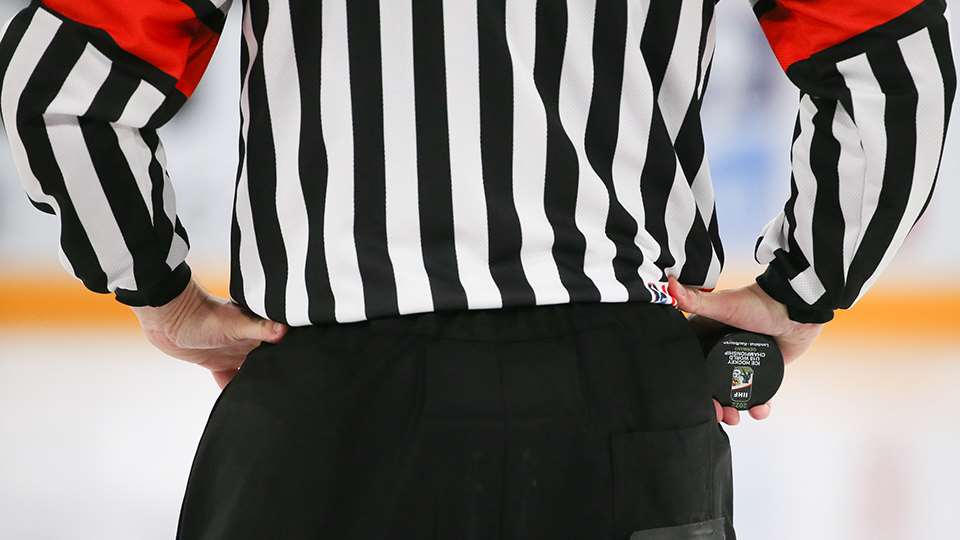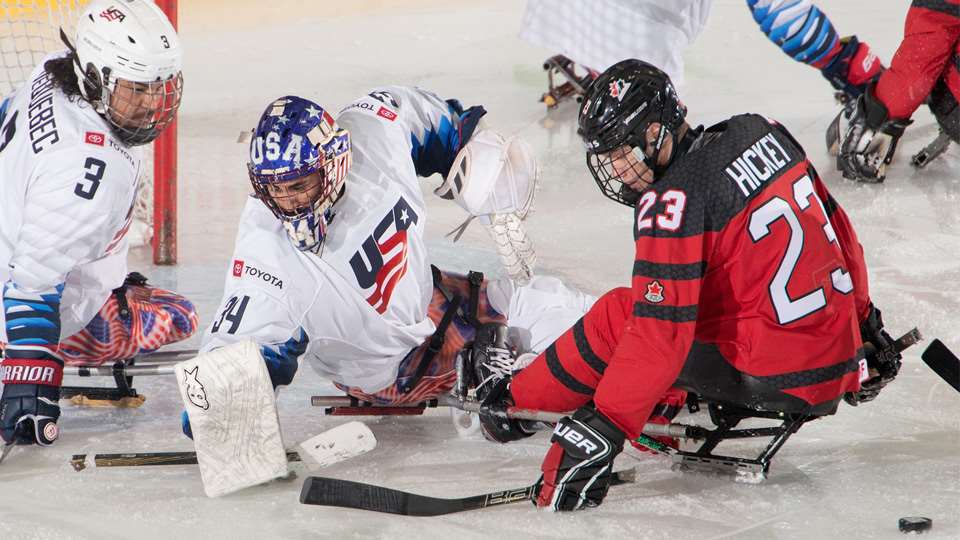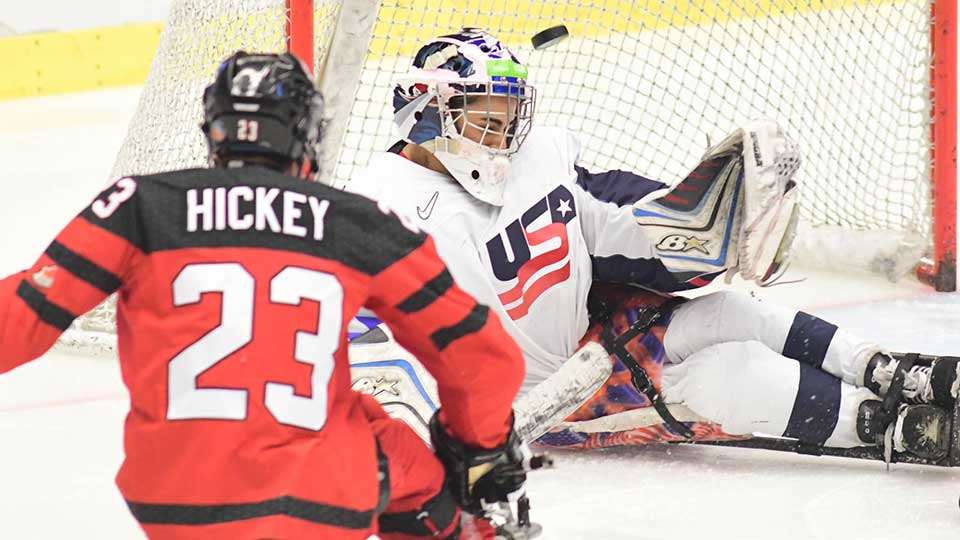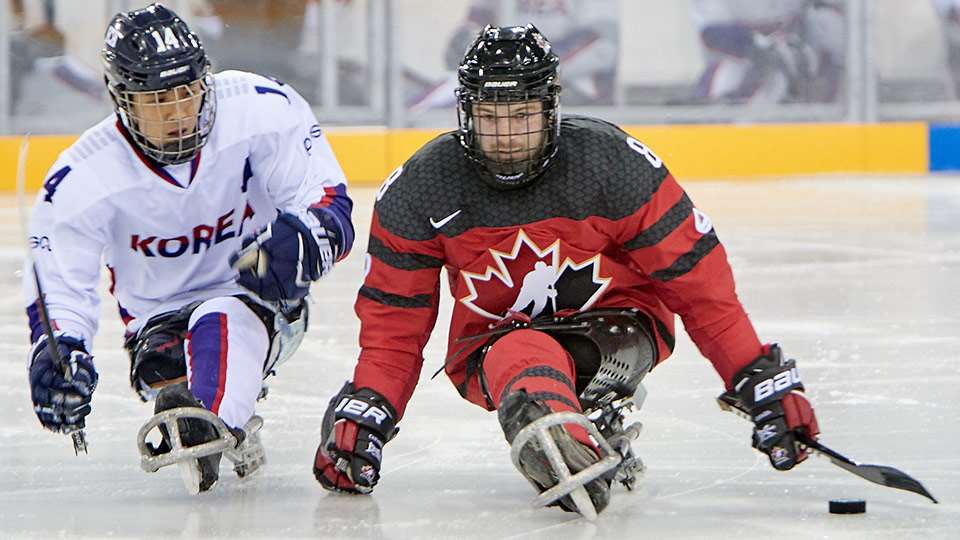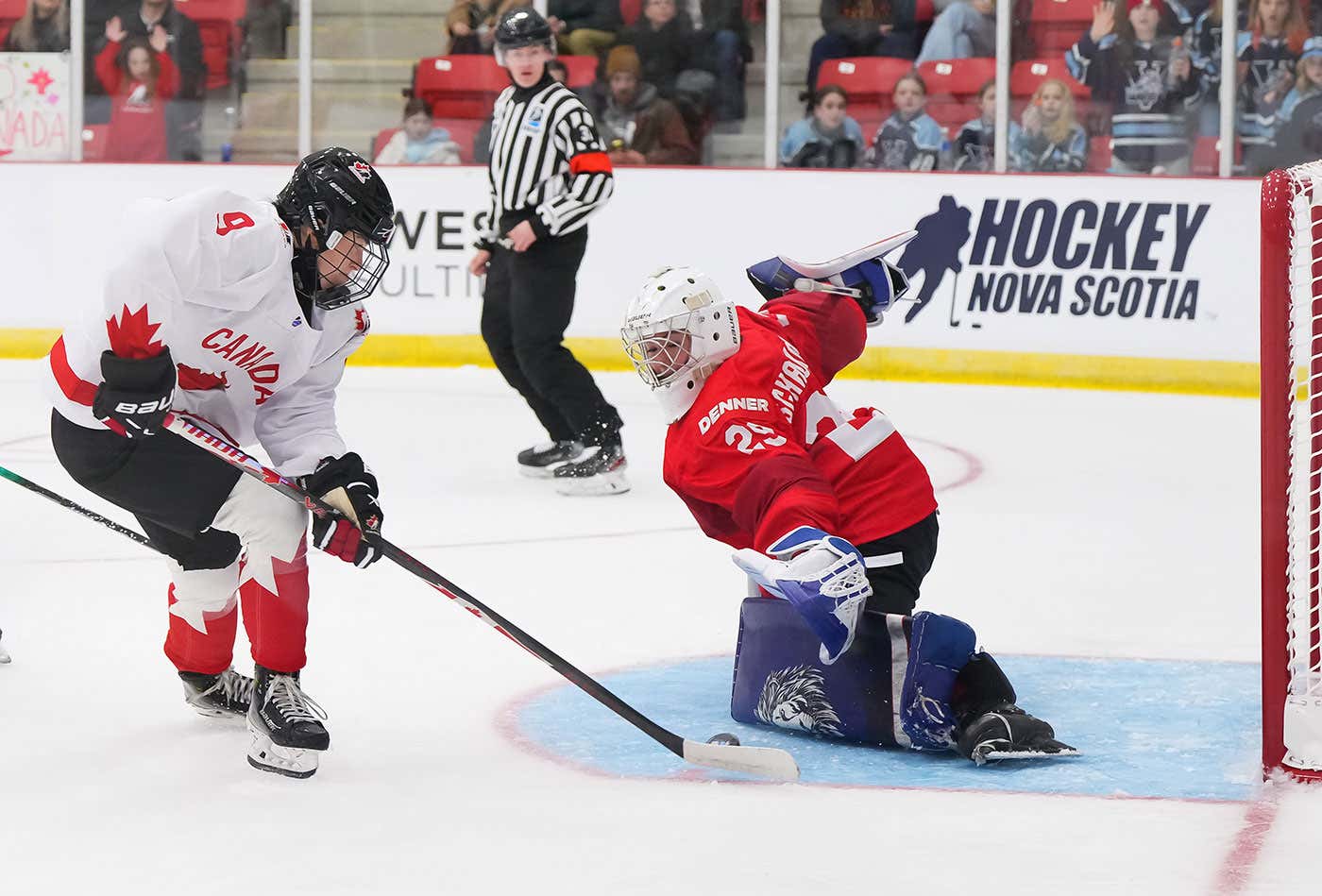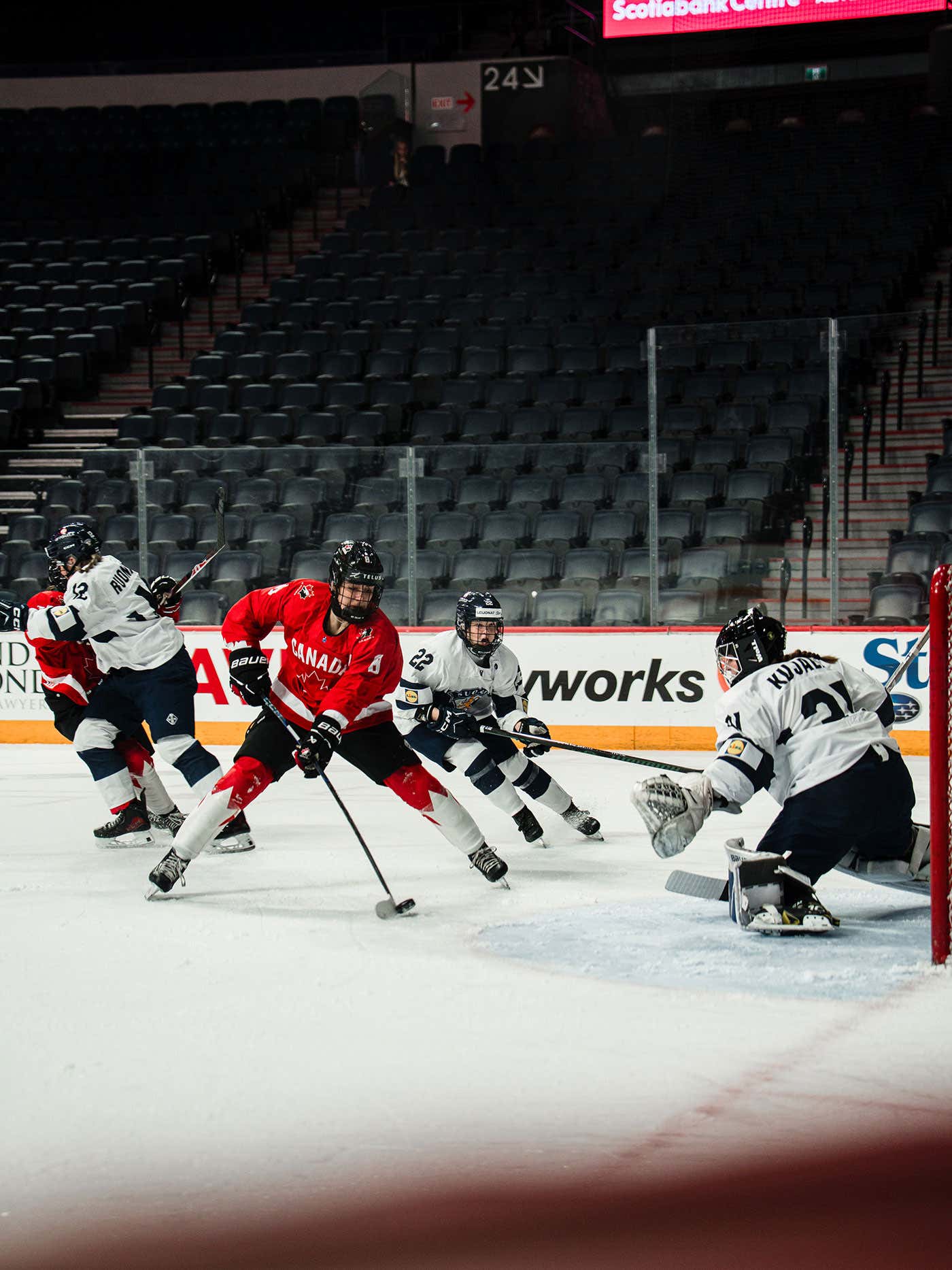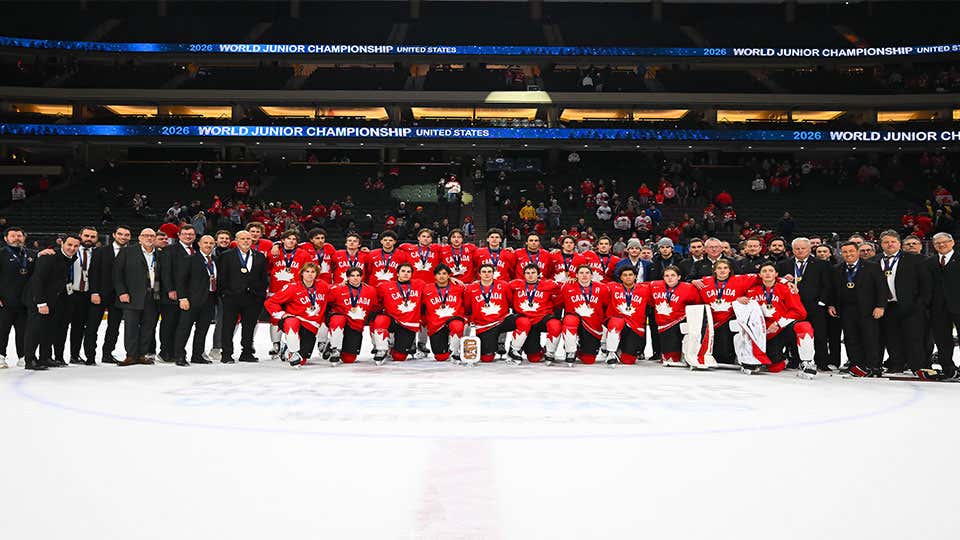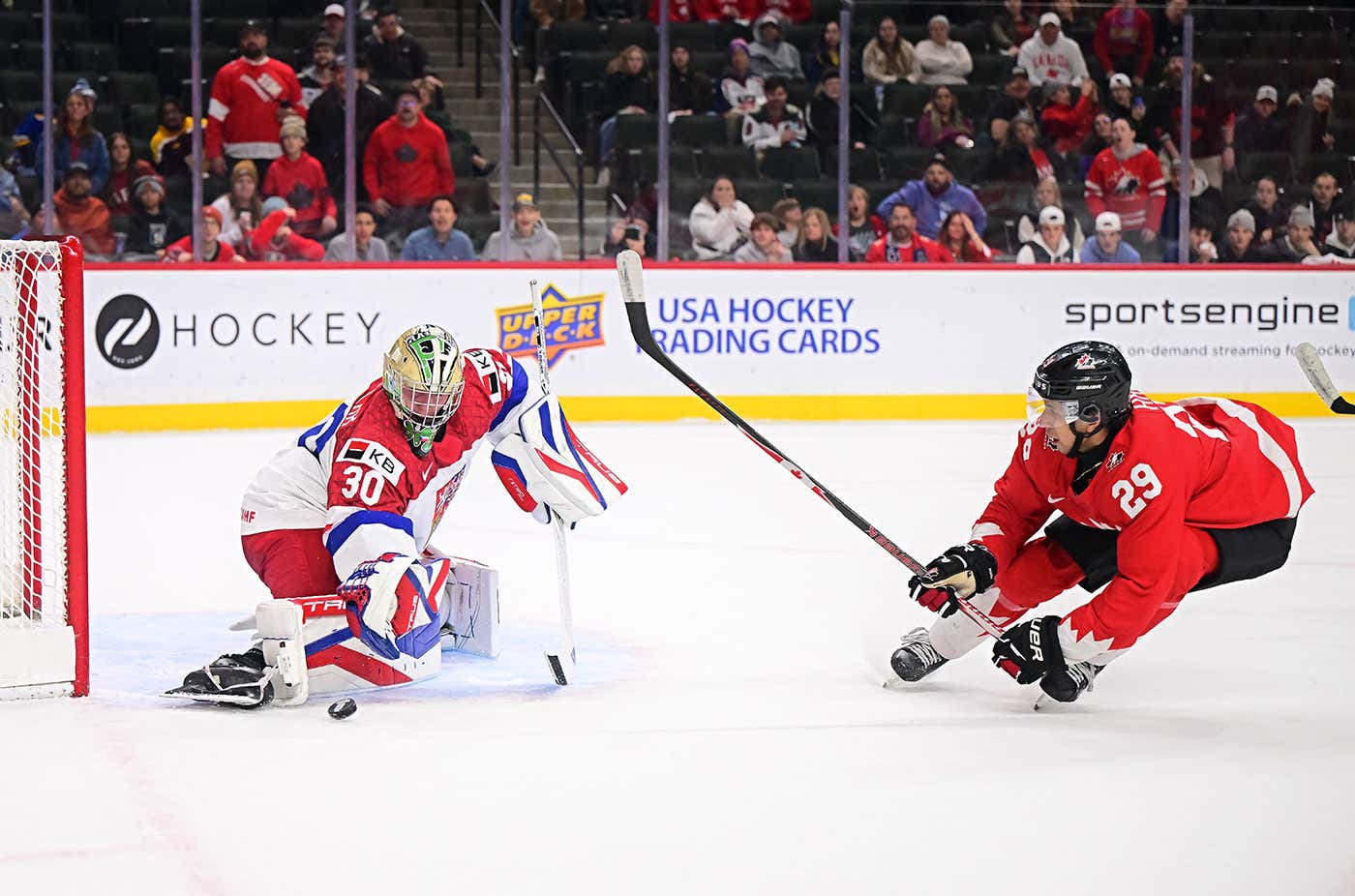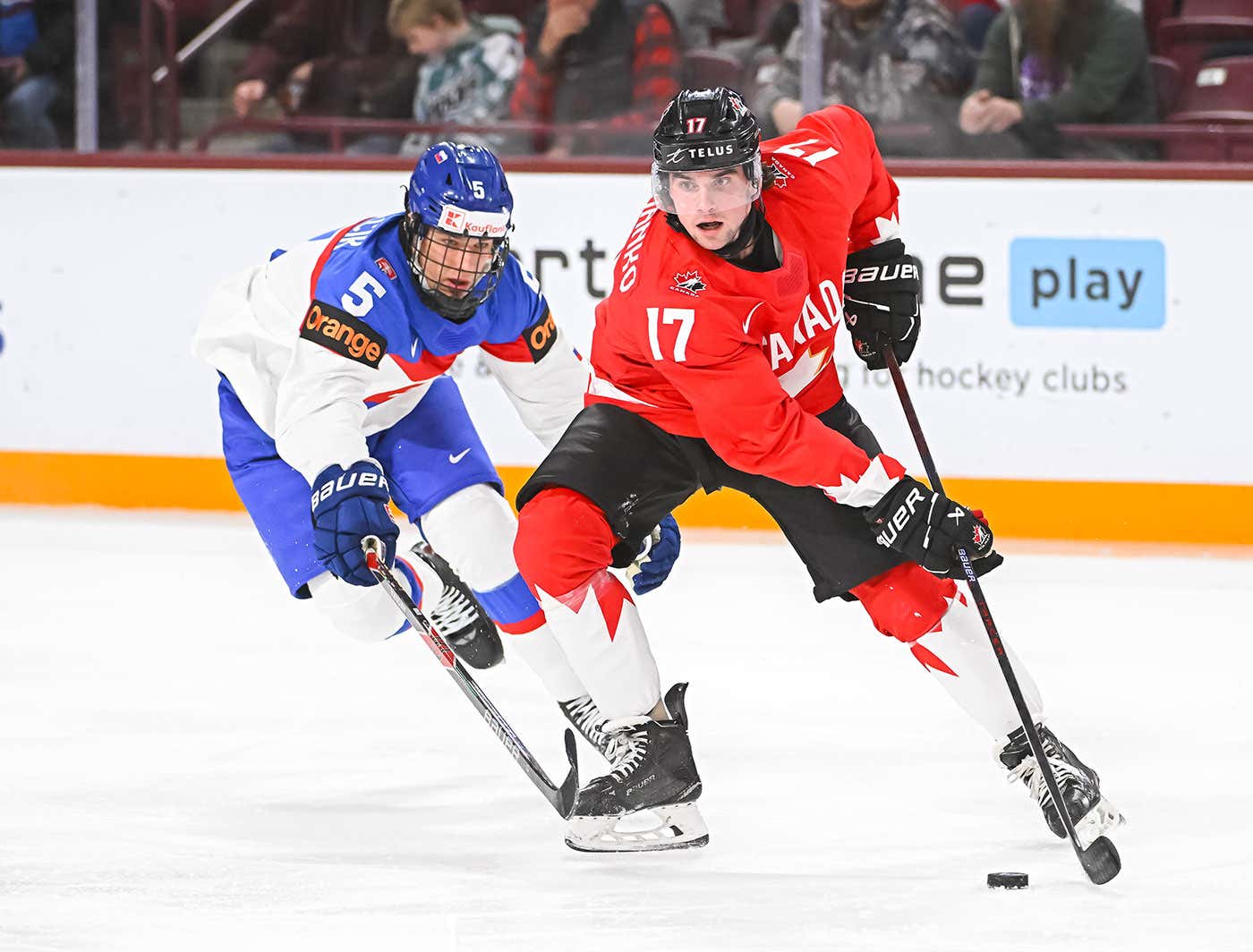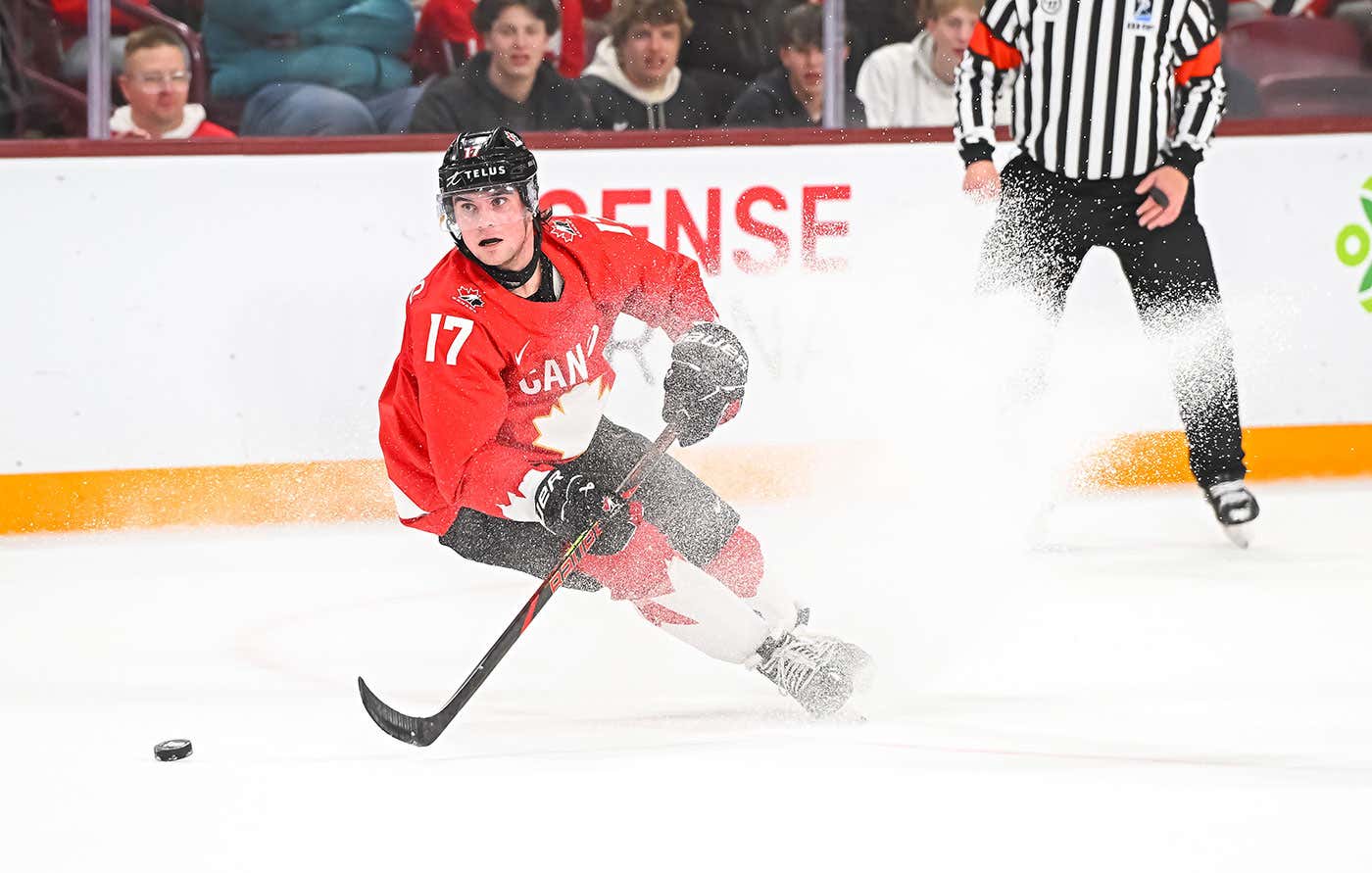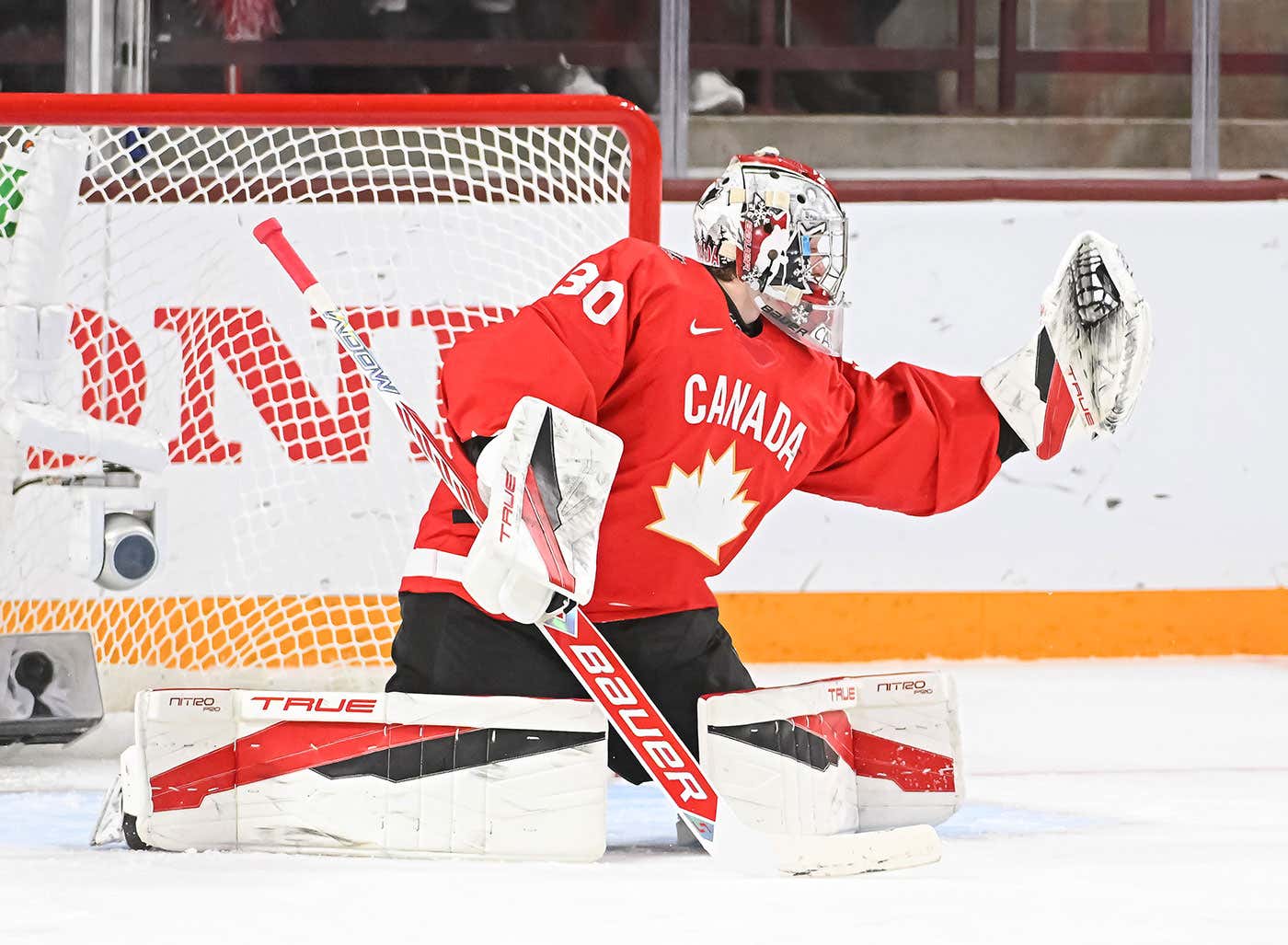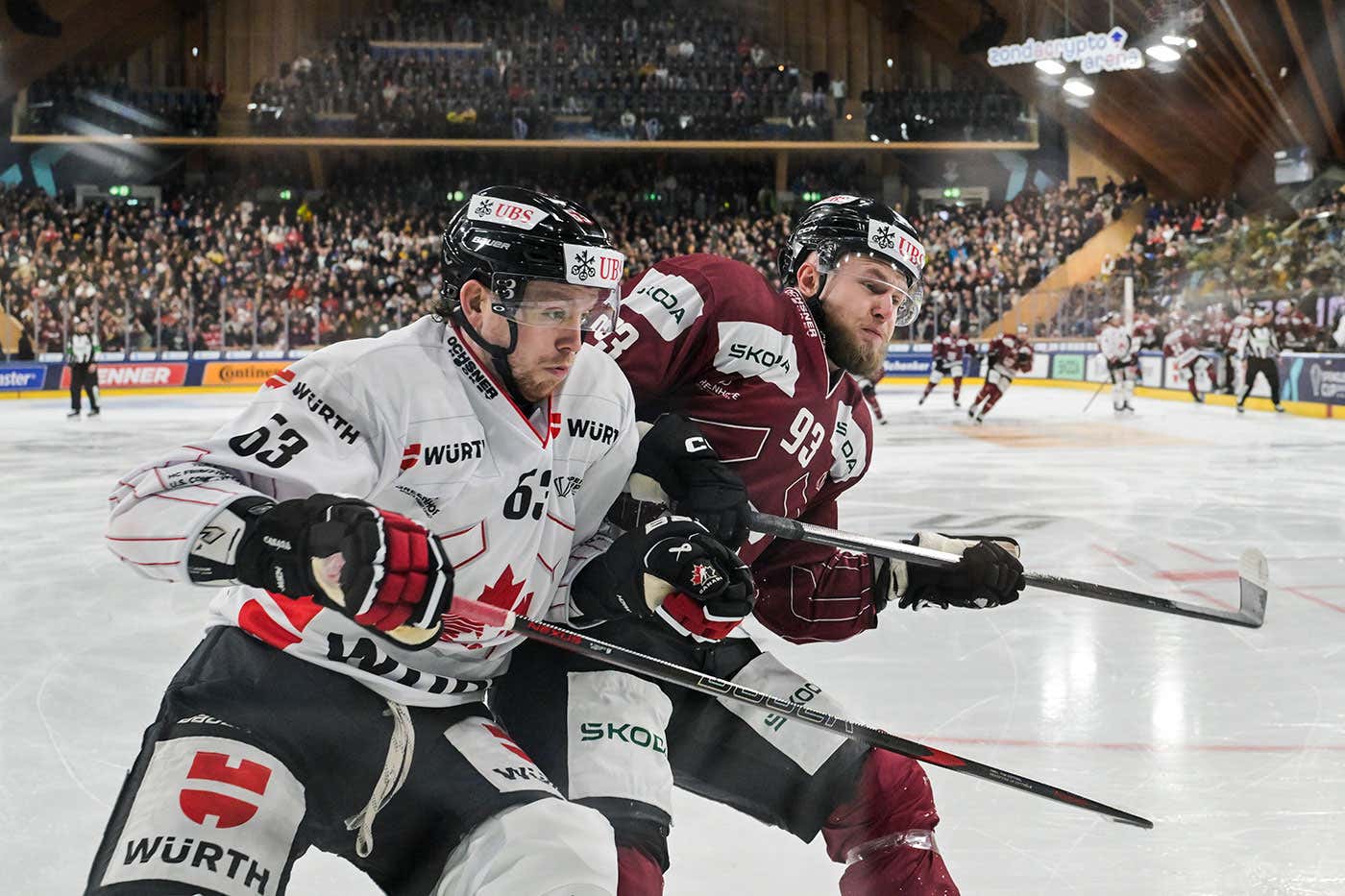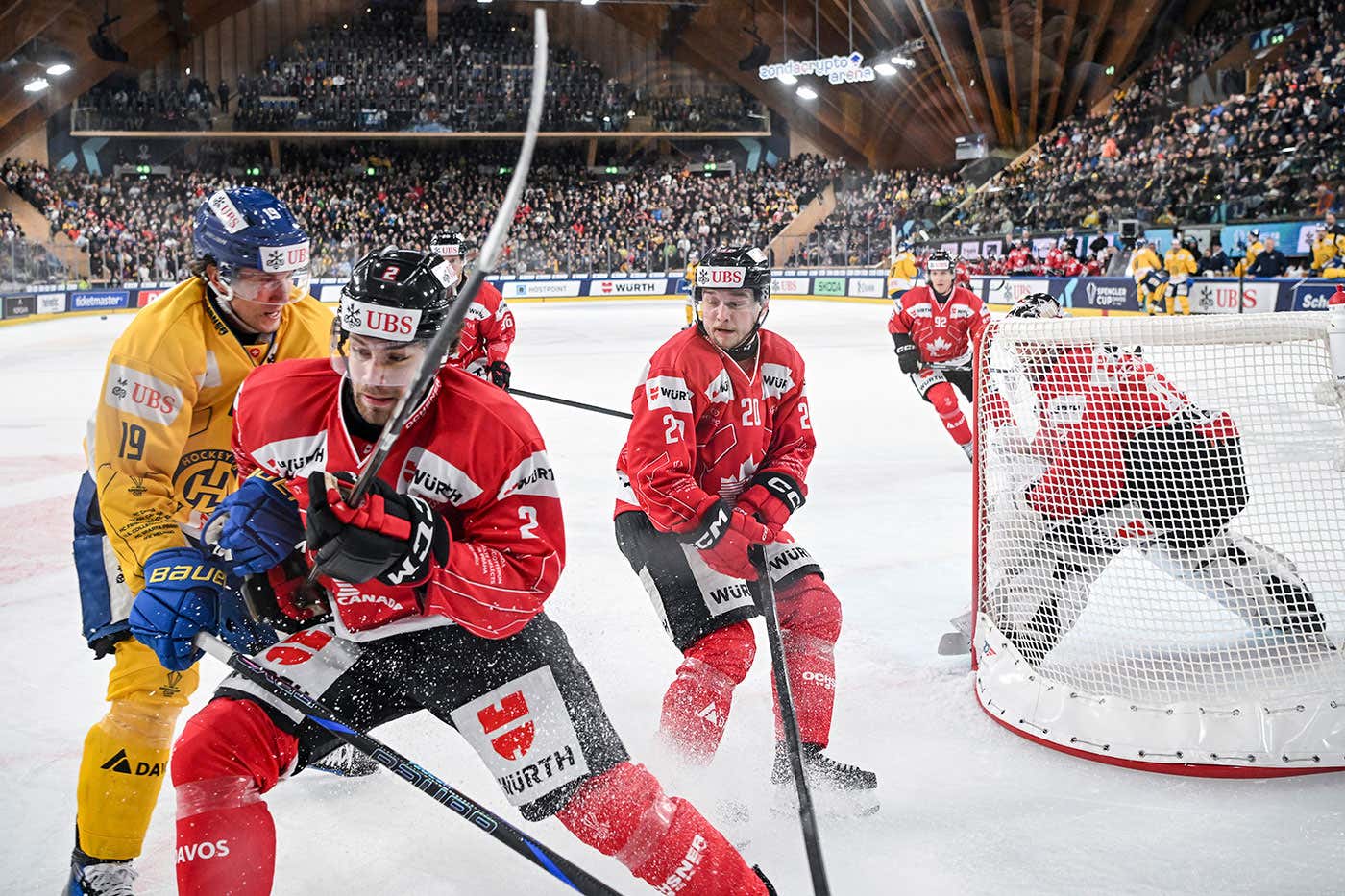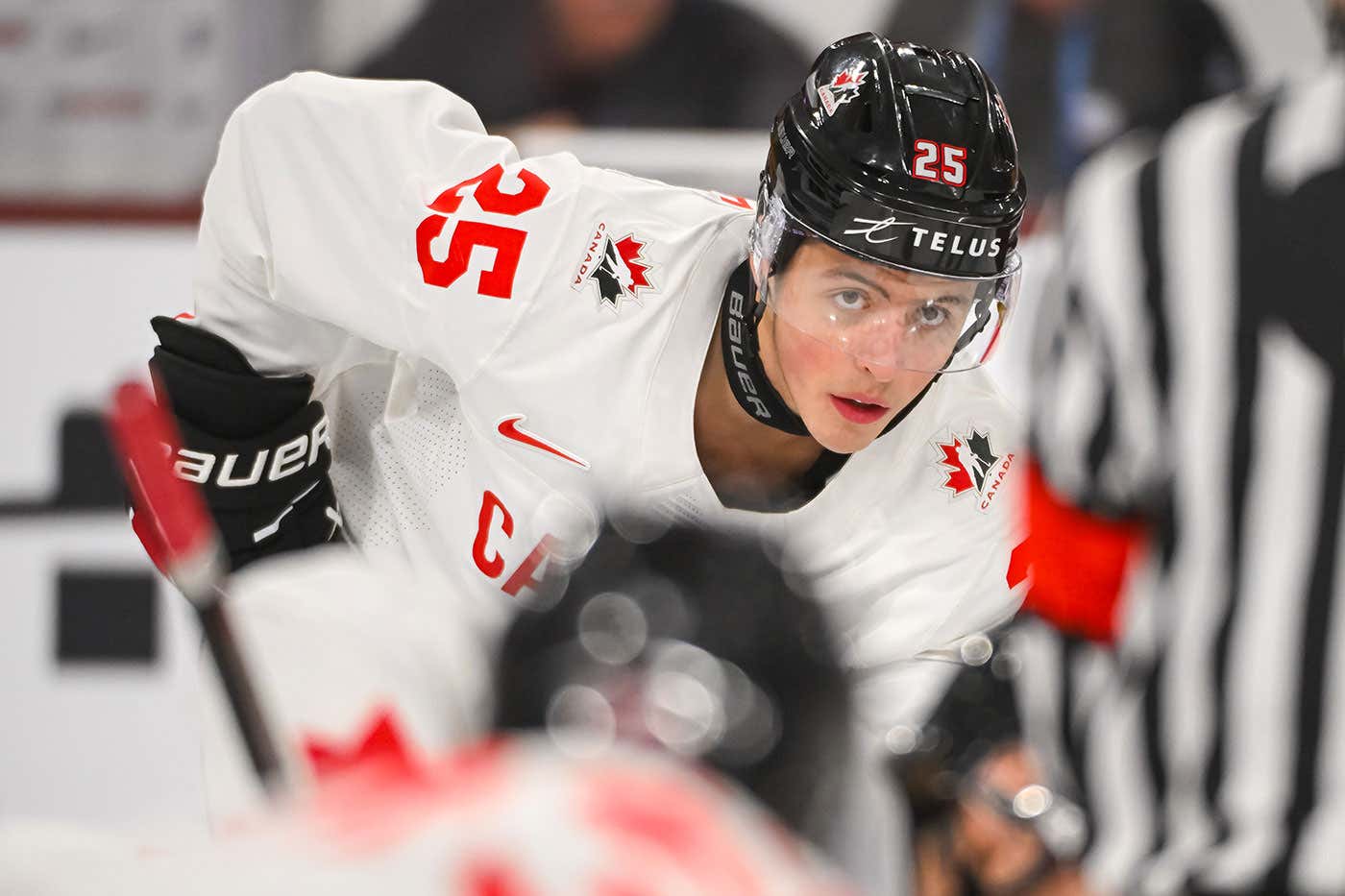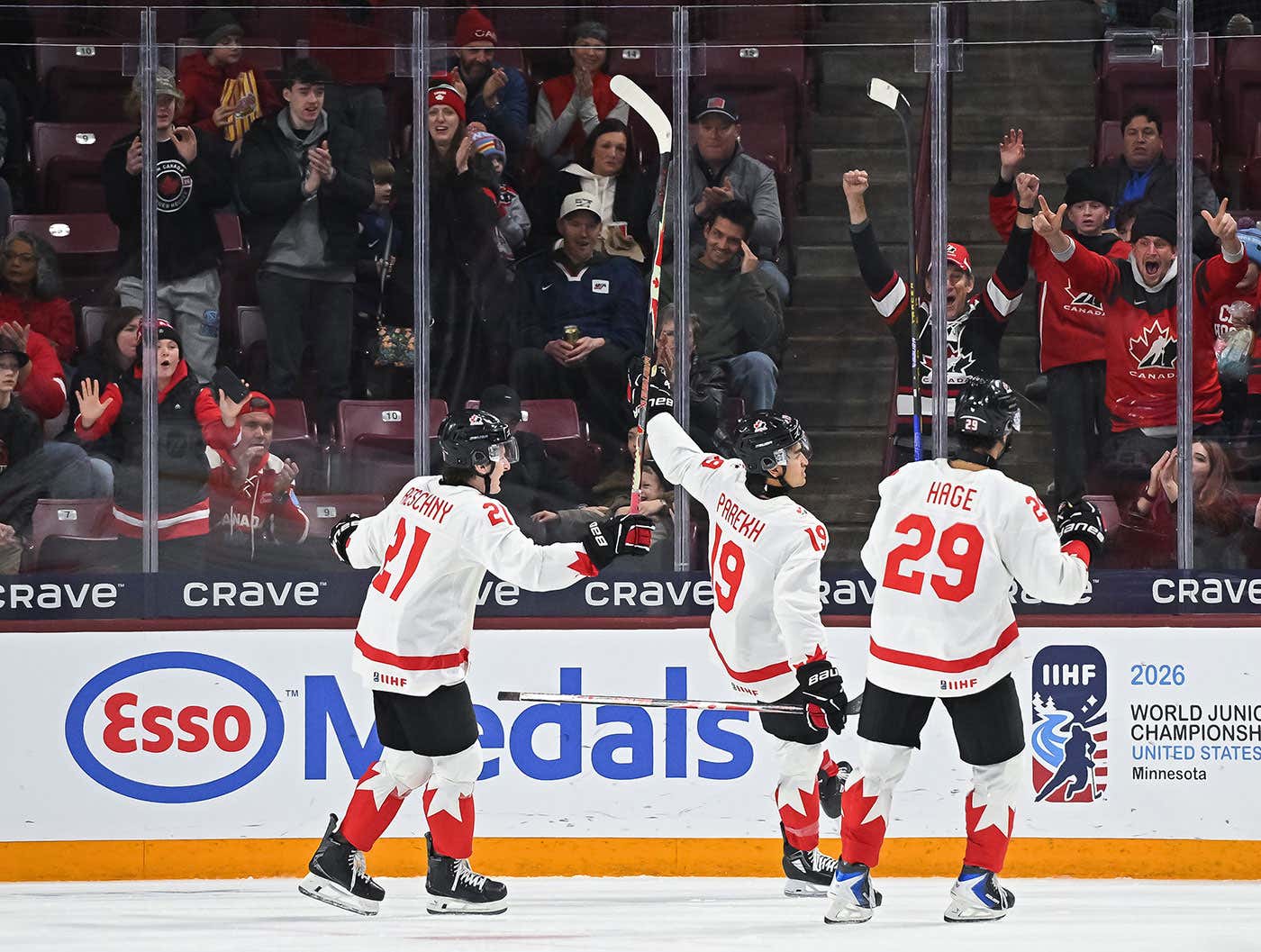
Schedule
Team Canada (Men)
2026 Olympic Winter Games | Feb. 11-22, 2026
IIHF U18 Men’s World Championship | Apr. 22 - May 2, 2026
IIHF World Championship | May 15-31, 2026
Junior A World Challenge | Dec. 7-13, 2025
U17 World Challenge | Nov 2-8, 2025
IIHF World Junior Championship | Dec. 26, 2025 - Jan. 5, 2026
Spengler Cup | Dec. 26-31, 2025
Search
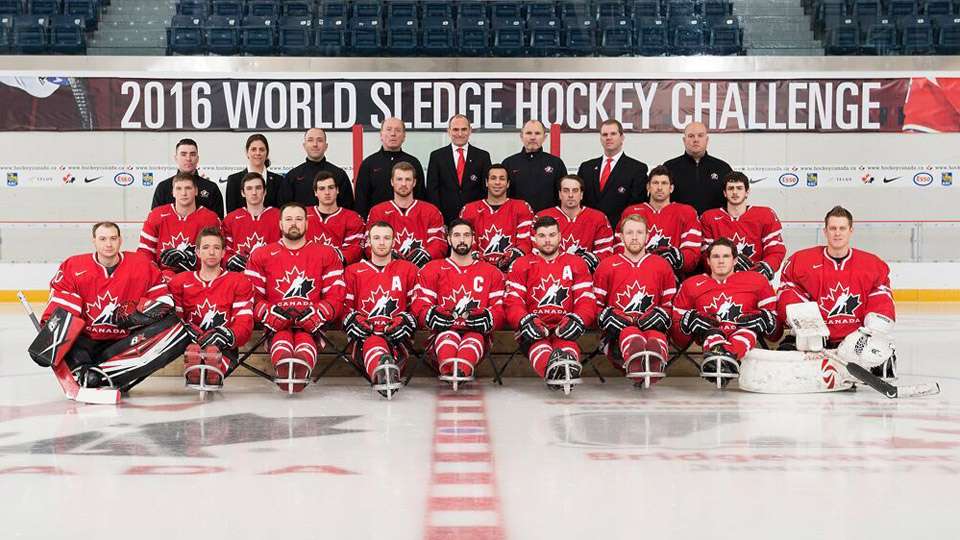
The busiest season
More camps and more time together on the ice mean a more prepared Canada’s National Sledge Team

Canada’s National Sledge Team didn’t see its first game action until the International Ice Sledge Hockey Tournament began on Dec. 7, but by the time the puck dropped in Italy, Team Canada was more than ready.
The season began Aug. 24-29 in Calgary with development camp, followed by selection camp Sept. 27-Oct. 4, again at the home of Hockey Canada, and training camps in Etobicoke, Ont., from Oct. 26-31, and Ottawa, Ont., from Nov. 16-20.
In the short term, Canada wants to regain gold at the World Sledge Hockey Challenge, but the end goal is just over two years away – the 2018 Paralympic Winter Games in PyeongChang, South Korea.
Trying to remain among the world’s elite in a game that’s growing across the globe is no easy task. That’s why additional ice time has become a necessity, more so in a season that doesn’t include an IPC Sledge Hockey World Championship.
“We saw that we had to grow as a team. We had to get faster and stronger, and play a different style of play,” says Ken Babey, head coach of Canada’s National Sledge Team, which settled for bronze at last year’s World Sledge Hockey Challenge, its worst finish ever at the event. “We used the camps to do that and to identify some new talent, so that’s why we felt like it was the process to do so.”
To identify that new talent, Hockey Canada invited 30 players to development camp, and 33 to selection camp, considerably more than in previous seasons, before trimming to 19 for the tournament in Italy, and to 17 for the World Sledge Hockey Challenge.
The rationale? The more players in camp, the better the competition, the better the final product.
“We wanted to develop them and then bring them into the selection camp more prepared and feeling at ease, helping us select the best players for our program this year,” says Shawn Bullock, senior manager of hockey operations and men’s national teams with Hockey Canada.
“Our focus was to develop them as sledge hockey players and as people that fit within the Hockey Canada model and who can do things the Canadian way.”
In addition to the new faces on the ice – the Turin roster included four players making their debuts with Canada’s National Sledge Team – there has been changes behind the bench, with a number of coaches working with Babey.
The one constant has been Brandon Reid – a two-time bronze medallist with Canada at the IIHF World Junior Championship – who has been with the team since development camp in August.
Reid not only brings the knowledge of how to be successful on the international stage, but also a fresh look on different systems, having played in different events and different roles throughout his career: a power play specialist, efficient penalty killer, prolific scorer, and shutdown centre, just to name a few.
The rotating door of coaches has also included Team Canada alumni Jean Labonté, Hervé Lord and Graeme Murray, all Paralympic gold medallists and multiple-time world champions; Milan Dragicevic, who has coaching experience in the WHL and CIS; and Barry Medori, a long-time coach who has worked throughout the Team Canada program, including a gold medal with Canada’s National Women’s Team at the 2007 IIHF World Women’s Championship.
“I’ve been fortunate enough to be rewarded with some very good coaches that have come in,” says Babey.
“They all have new ideas and concepts so I take in the ones I think are best for the team and for the style we’re looking to play. It’s a challenge for me, but I hope it makes me better and makes the players better because we all get new voices and new ideas that all have the same goal in mind; getting better and winning gold medals.”
And through all the hours on and off the ice, gold medals are definitely the goal. Canada aims to replace its bronze medal from the 2014 Paralympic Winter Games with gold in PyeongChang.
Starting the process now, and getting players and coaches used to changes right away is something that can only benefit the team that expects to face a whole new set of challenges from the moment it lands in Korea.
“We feel we’re in really good shape moving forward and we have two more years after this one to make a big push for the Paralympics and we feel the things we’ve been doing are really paying off,” says Bullock.
Saturday’s gold medal game in Bridgewater, N.S., marks 777 days until the Paralympics begin in PyeongChang. For Canada’s National Sledge Team, it’s going to be a fun – and busy – two years.
For more information: |
- <
- >

















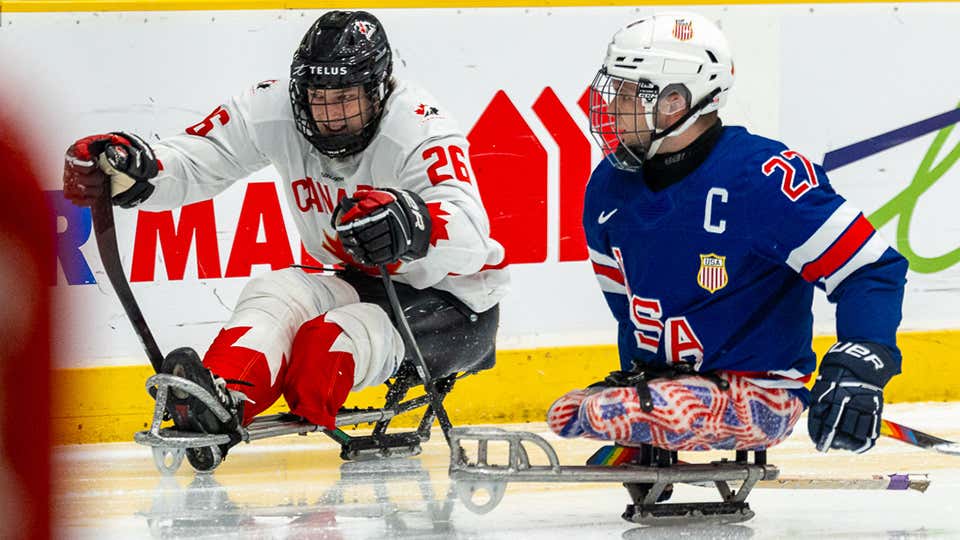
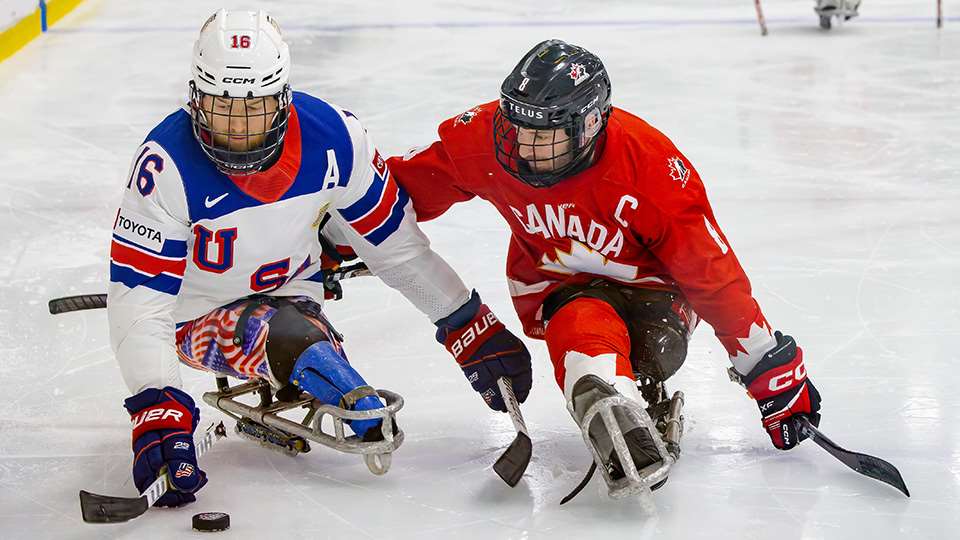
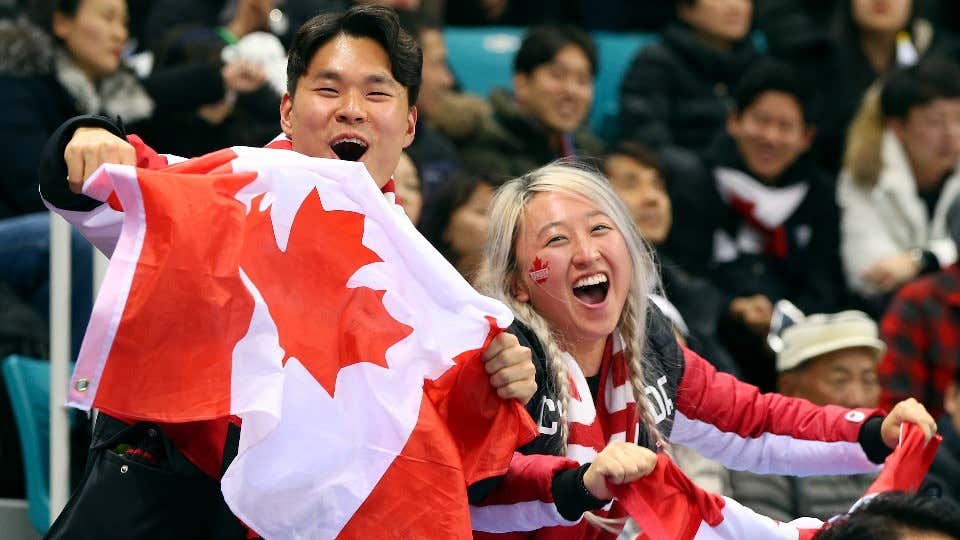


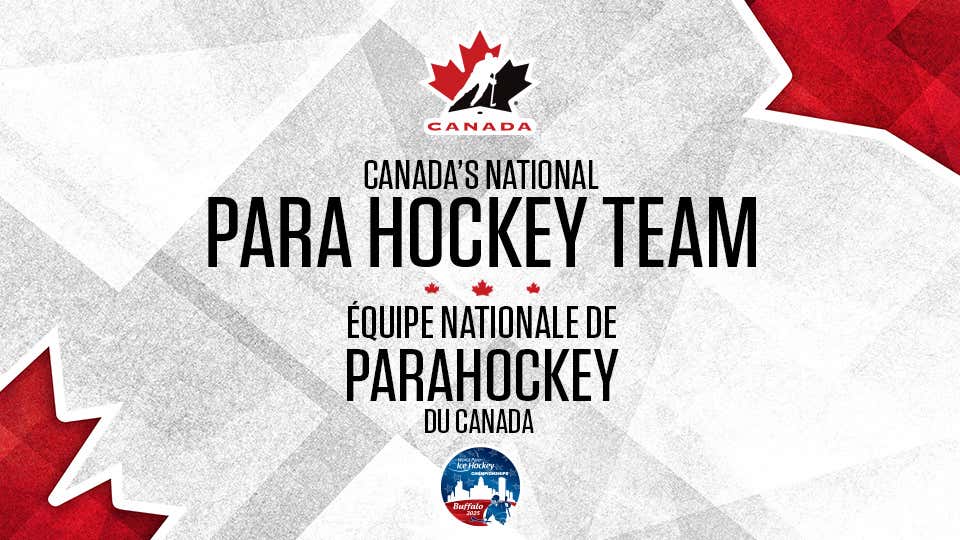
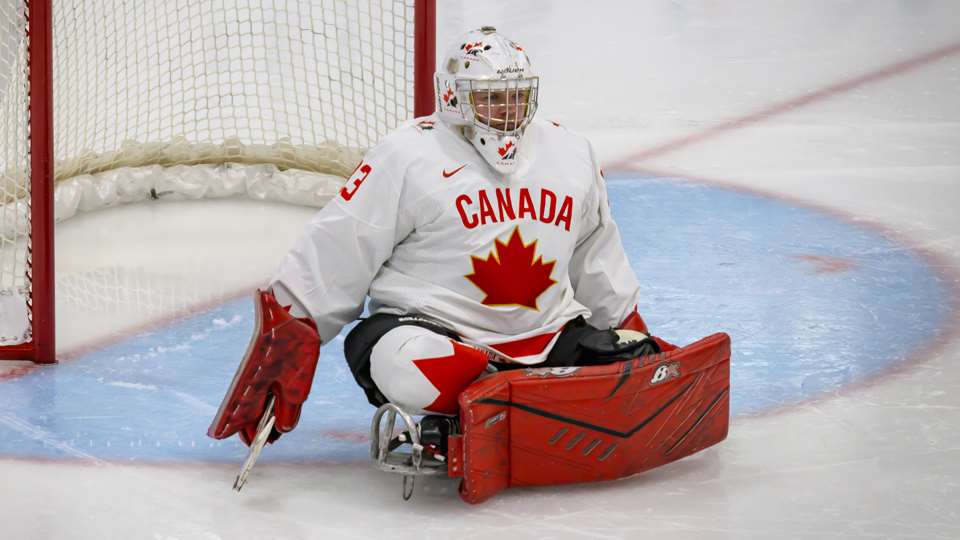
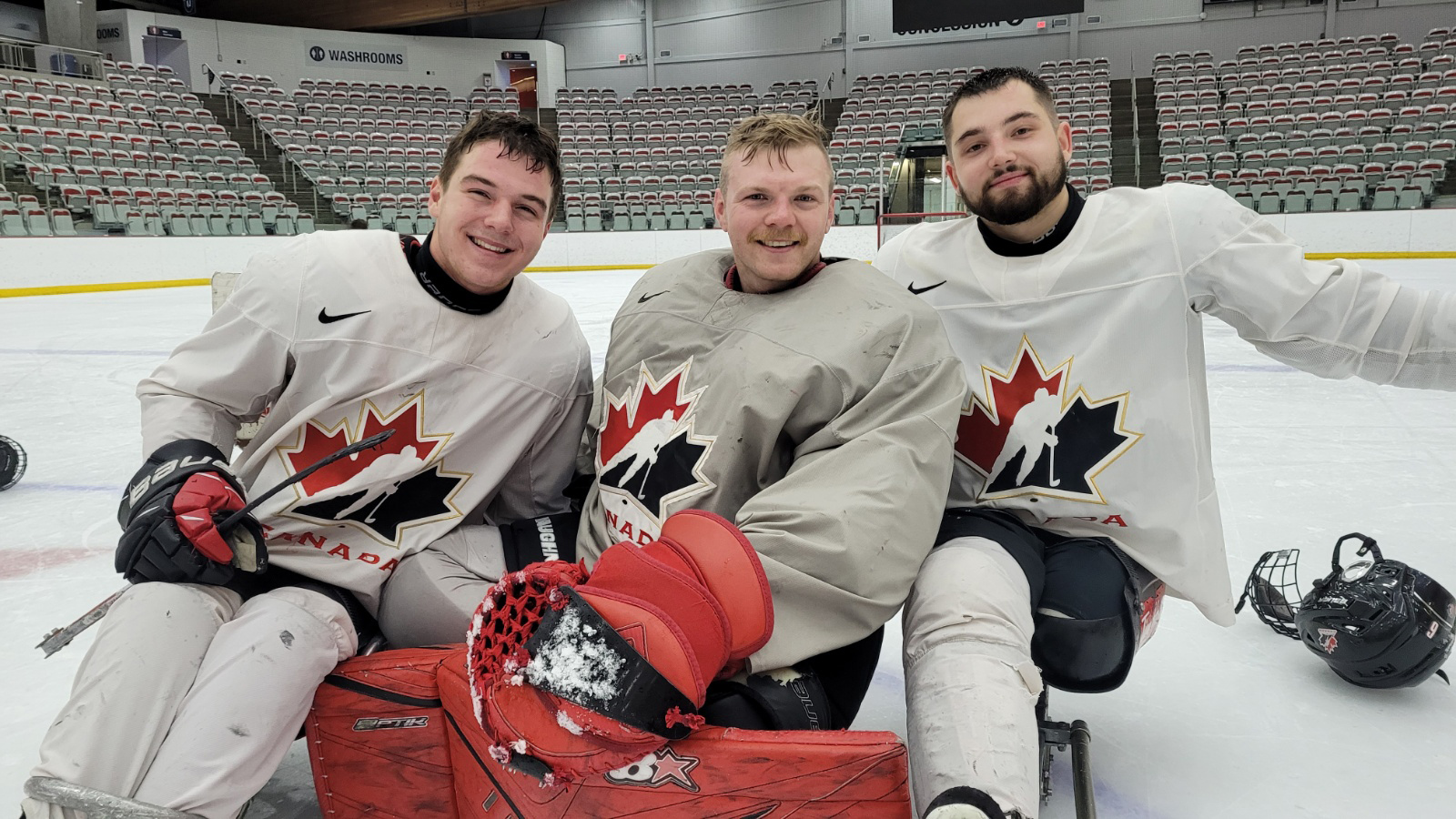 Matteo Pellizzari (left), Mitchell Garrett and Brendon Hurst.
Matteo Pellizzari (left), Mitchell Garrett and Brendon Hurst.
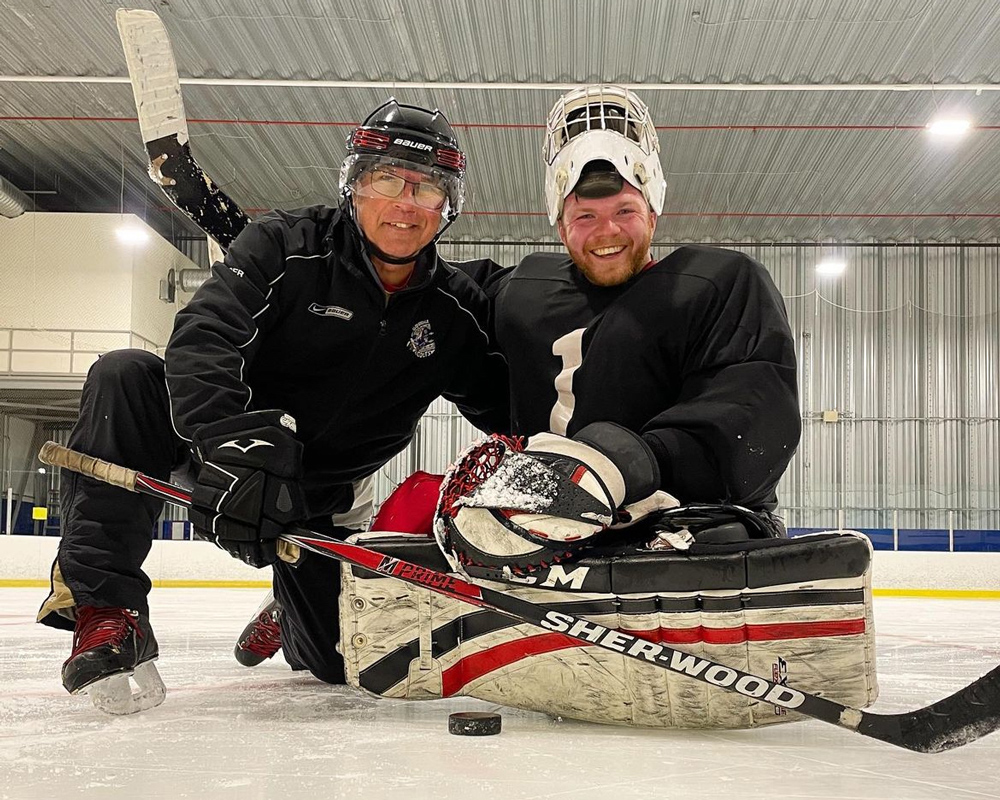 Mitchell with his dad, Ken Garrett.
Mitchell with his dad, Ken Garrett.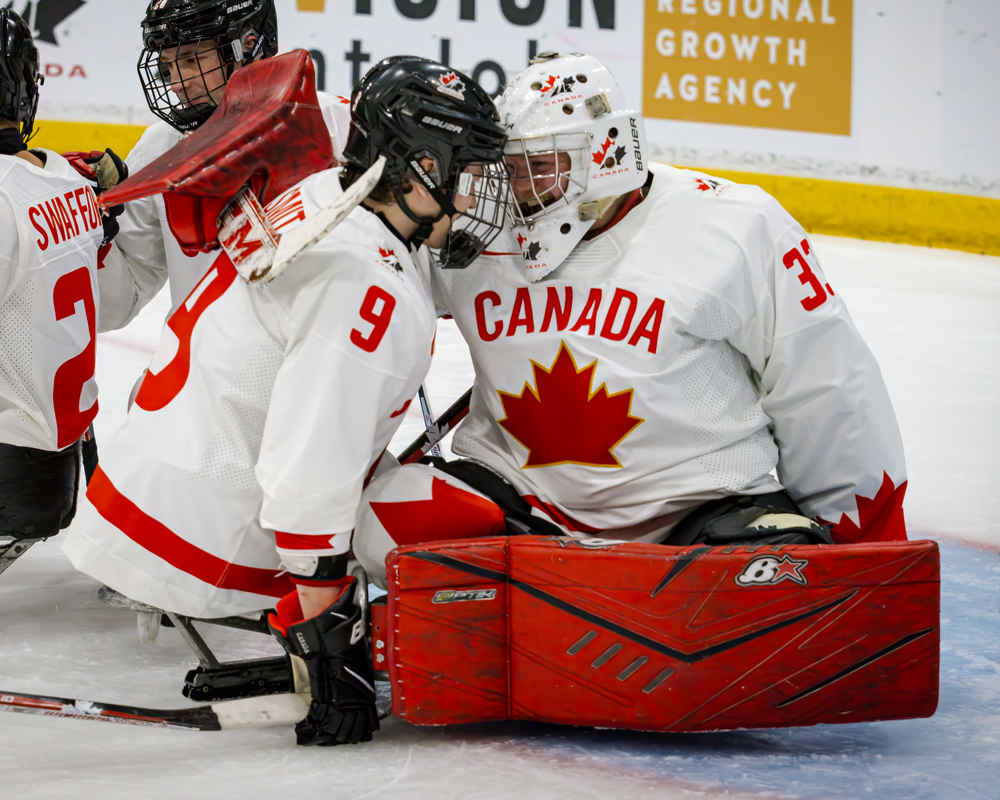 Corbyn Smith (left) and Mitchell Garrett celebrate after beating Czechia at the 2023 Para Hockey Cup.
Corbyn Smith (left) and Mitchell Garrett celebrate after beating Czechia at the 2023 Para Hockey Cup.
